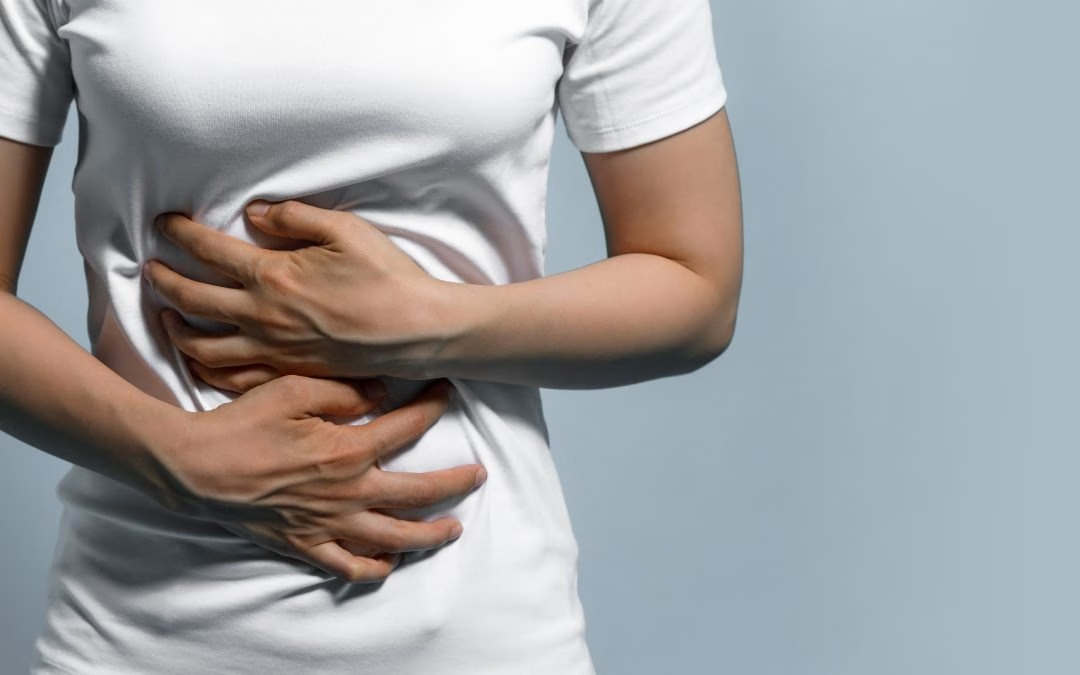
Concerned about norovirus? Learn how to prevent it and how to stay healthy. Visit our urgent care near you for proper treatment.
Whether you’re watching a game at Crooked Creek Park or grabbing coffee at a local shop in Indian Trail, you might not be thinking much about stomach bugs this time of year. But with colder temps keeping people indoors, norovirus has more opportunities to spread from one person to the next.
This fast-acting stomach virus can affect entire families or community groups in just a matter of days. Let’s take a closer look at why norovirus is a concern during the winter months-and the steps you can take to help prevent it.
Why Is Norovirus a Serious Concern?
Norovirus is not just an inconvenience – it’s a major public health concern for several reasons:
- Highly Contagious: Norovirus spreads easily through direct contact, contaminated food and water, and surfaces. Even a tiny amount of the virus can lead to infection.
- Frequent Outbreaks: Schools, cruise ships, nursing homes, and restaurants often experience norovirus outbreaks, causing widespread illness.
- Severe Dehydration Risk: Persistent vomiting and diarrhea can lead to dehydration, which is especially dangerous for young children, older adults, and those with weakened immune systems.
- Hard to Kill: Norovirus can survive on surfaces for days and is resistant to many common disinfectants.
Because of these factors, preventing norovirus is essential to keeping yourself and your community safe.
How Does Norovirus Spread?
Norovirus spreads through multiple pathways, making it difficult to contain once an outbreak starts. You can contract norovirus by:
- Eating food prepared by someone who is infected
- Drinking contaminated water
- Touching infected surfaces and then touching your mouth
- Having direct contact with an infected person, such as caring for them or sharing utensils
Even after symptoms subside, people can still shed the virus for days or even weeks, increasing the risk of further transmission.
What Are the Symptoms of Norovirus?
Symptoms usually appear 12 to 48 hours after exposure and can include:
- Nausea
- Vomiting
- Diarrhea
- Stomach cramps
- Low-grade fever
- Fatigue and muscle aches
While most cases resolve within a few days, dehydration can become a serious issue, requiring medical attention.
How Can We Prevent Norovirus?
Taking the right precautions can significantly reduce the risk of norovirus infection. Here are the best ways to prevent the spread:
- Wash Your Hands Frequently: Use soap and warm water for at least 20 seconds, especially before eating, after using the restroom, and after caring for someone who is sick.
- Sanitize Surfaces Properly: Use bleach-based cleaners to disinfect commonly touched areas, as norovirus is resistant to many household disinfectants.
- Handle Food Safely: Avoid preparing food for others if you’re sick, and make sure to cook shellfish and other foods thoroughly.
- Stay Home When Sick: Wait at least 48 hours after symptoms disappear before returning to work, school, or food preparation.
- Drink Plenty of Fluids: If you contract norovirus, staying hydrated is crucial to prevent complications from dehydration.
When Should You Seek Medical Attention?
Most norovirus infections resolve on their own, but you should seek medical care if you experience:
- Severe dehydration (dry mouth, dizziness, little to no urination)
- Persistent vomiting or diarrhea lasting more than three days
- Bloody stools or intense abdominal pain
AFC Urgent Care is available to provide treatment for dehydration and norovirus symptoms. Walk in today for prompt medical care – no appointment necessary.
Norovirus is a serious and highly contagious illness, but with proper hygiene and prevention measures, you can reduce your risk of infection. Stay vigilant, practice good hygiene, and if symptoms worsen, seek medical care at AFC Indian Trail to ensure a speedy recovery.


